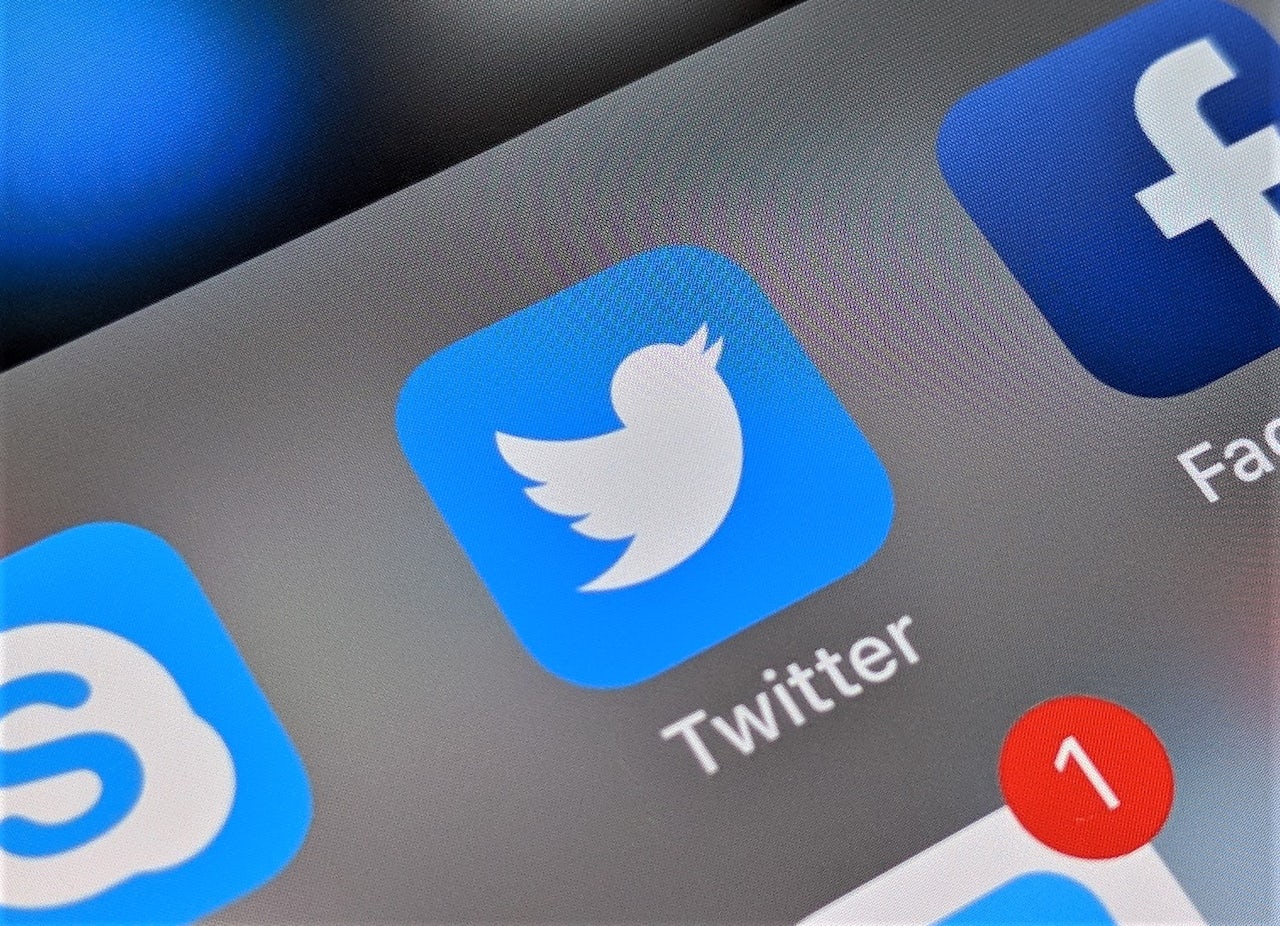Twitter’s decision on Wednesday to ban political advertising, on the surface, looks very good. After weeks of listening to Facebook’s Mark Zuckerberg defend allowing politicians to lie in ads on his site, Twitter CEO Jack Dorsey appears to be offering a breath of fresh air. Tweets like the one below are typical of how many journalists and politicians are responding to the announcement:
Here’s why @jack’s decision matters.
— Anand Giridharadas (@AnandWrites) October 31, 2019
Most business titans today engage in virtue as a side hustle.
Jack is attempting it in his day job. https://t.co/MI7NRw26G7
This is a good call. Technology - and social media especially - has a powerful responsibility in preserving the integrity of our elections.
— Alexandria Ocasio-Cortez (@AOC) October 30, 2019
Not allowing for paid disinformation is one of the most basic, ethical decisions a company can make.
/1 https://t.co/YtNawdnJfj
A tech CEO with a conscience! Imagine that! Actually, keep dreaming: this move from Twitter is hardly the good gesture it might appear to be. Although the model of political advertising on social media is fundamentally broken — shot through with loopholes, lies, and some really grifty practices — an outright ban on the practice would actually be counterproductive.
To begin with, in spite of what President Donald Trump’s campaign insists, social media advertising is most critical for political challengers — not incumbents. An academic paper examining this very subject published in December found that “social media platforms substantially lower the cost of advertising, expanding the set of candidates for whom advertising — and thus the potential to reach voters and seriously contest an election — is a real possibility.”
As Shannon McGregor, a professor at the University of Utah who studies political advertising online, told me, “Trump doesn’t need political ads on Twitter. It’s the challengers who use ads to build lists and mobilize people.
“Our research has shown that Twitter is a specific tool for political campaigns, and it doesn’t have the broad reach of Facebook,” McGregor said. “Advertising on Twitter isn’t trying to persuade voters necessarily, it’s trying to persuade other elites, like party activists or journalists. And more importantly it’s about getting info out there to highly interested political people on Twitter.”
For people who think banning political ads on Twitter doesn't hurt left candidates like Bernie, here's one that won't be able to run anymore: Bernie alerting the public that Biden launched a super PAC, so he needs more support to push back against it. pic.twitter.com/bMmfxivMTp
— Ryan Grim (@ryangrim) October 31, 2019
An additional concern is that Twitter has yet to elaborate substantively on what its definition of “political” advertising is. The company did not respond to a request for comment by press time, but it’s worth noting that this issue is part of what has already tripped up Facebook on the question of “banning” ads: “It’s hard to define where to draw the line,” Zuckerberg wrote in a Wednesday Facebook post.
What, then, is Twitter actually trying to do here? It’s not about the immediate bottom line: 2018 midterm political ad spending on Twitter amounted to less than $3 million, a fraction of what’s spent on Facebook and Google and Google-owned YouTube. The real play here seems to be embarrassing Facebook (the announcement was made as Facebook was reporting its quarterly financial results), and racking up likes and retweets from people justifiably inclined to distrust all political advertising and social media platforms. But more importantly, it’s about sending a message to Washington and to the wider world: Listen, we can take care of our own mess. There are people who can still make the hard, correct decisions. So you don’t need to regulate us. Pretty please, step off.
Because what real, meaningful regulation of political advertising, as McGregor describes it, would also amount to real, meaningful regulation of all digital advertising.
“It's about the types of advertising they allow, targeting people on highly detailed and personal parameters,” McGregor said. “Placing limits on that would do a lot more to get at the issue of digital ads.”
Twitter may have just won a nice battle in the press, and Dorsey is going to get to take a victory lap around Zuckerberg for the first time in years, given that Facebook is worth about 25 times as much as Twitter. But that’s all it appears to be. A cynical attempt to cash in on the pain of a corporate rival. Ignore the hype.
